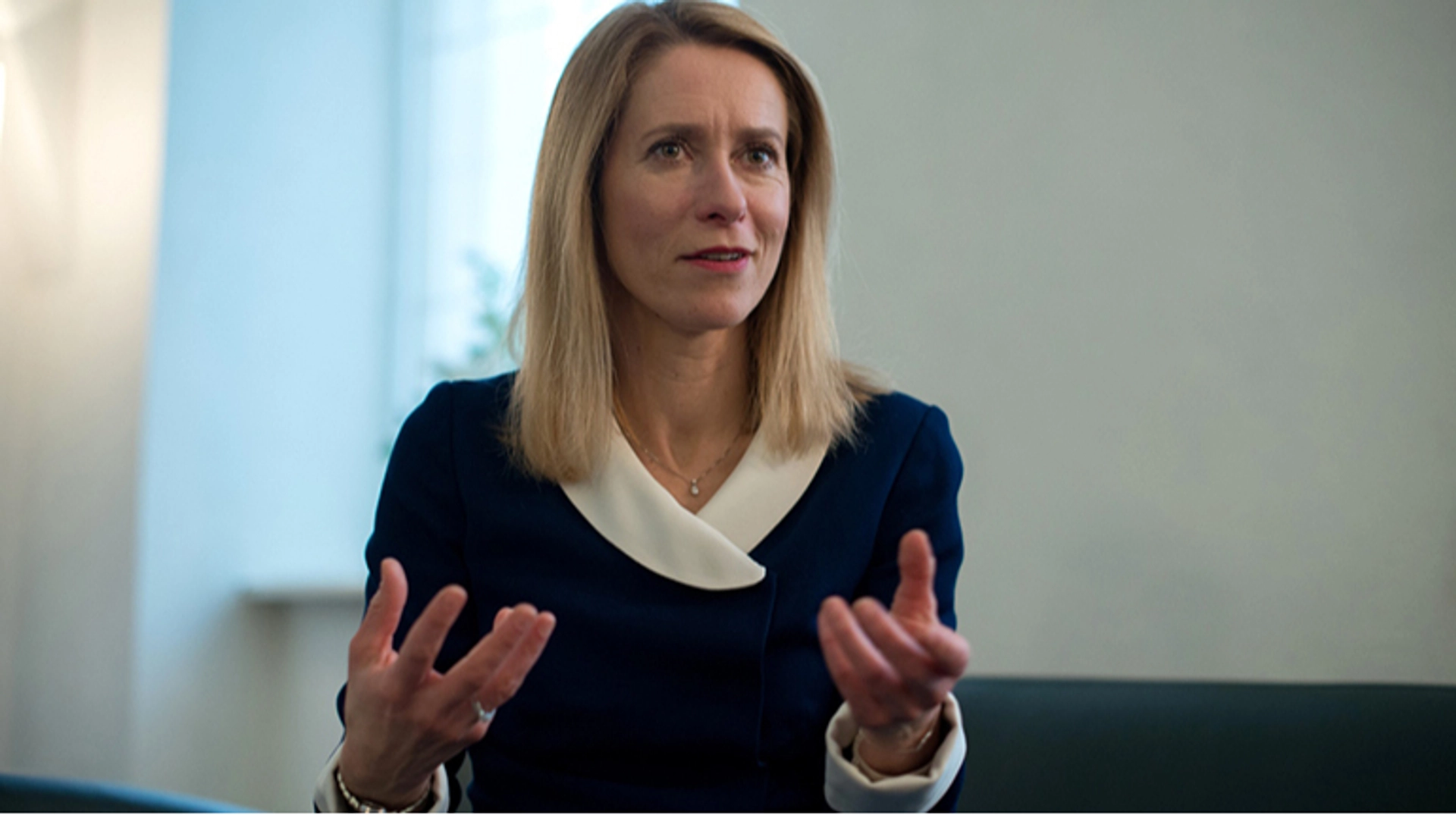
News
October 20, 2025
EU chief diplomat calls Putin's planned visit to the EU "not nice" given ICC arrest warrant
EU High Representative for Foreign Affairs and Security Policy Kaja Kallas has said she finds it troubling that Kremlin leader Vladimir Putin, who is the subject of an arrest warrant from the International Criminal Court, is set to visit the territory of a European Union member state.
Brussels – The European Union's top diplomat has expressed strong disapproval of Vladimir Putin's planned visit to an EU member state, calling it "not nice" in light of the outstanding International Criminal Court (ICC) arrest warrant against the Kremlin leader. Kaja Kallas, the EU High Representative for Foreign Affairs and Security Policy, made the remarks, highlighting the complex and potentially awkward situation Putin's visit would create.
The ICC issued an arrest warrant for Putin earlier this year, accusing him of war crimes related to the alleged illegal deportation of children from occupied Ukrainian territories to Russia. This warrant obligates ICC member states to arrest Putin should he enter their territory. While the specific EU member state Putin intends to visit remains undisclosed, the implications of such a trip are significant.
Kallas's statement underscores the dilemma facing the EU. On one hand, the bloc is committed to upholding international law and supporting the ICC's efforts to hold individuals accountable for war crimes. On the other hand, a visit from Putin, even to a single member state, could complicate diplomatic relations and potentially create a legal and political crisis.
The High Representative's choice of words, characterizing the situation as "not nice," reflects the delicate balancing act the EU must perform. While stopping short of outright condemnation, Kallas's statement clearly signals the EU's discomfort and concern regarding the planned visit. It raises questions about the specific member state's obligations under the ICC warrant and the potential consequences for the EU's reputation and commitment to international justice.
The situation is further complicated by the fact that not all EU member states are signatories to the Rome Statute, the treaty that established the ICC. This means that while some member states would be legally obligated to arrest Putin, others would not. This discrepancy could create internal divisions within the EU and further complicate the response to Putin's potential visit. The EU is now facing a challenging situation that requires careful consideration of legal obligations, diplomatic sensitivities, and the broader implications for international justice and the bloc's standing on the world stage. The coming weeks will likely be filled with intense discussions and diplomatic maneuvering as the EU seeks to navigate this complex and potentially destabilizing scenario.
The ICC issued an arrest warrant for Putin earlier this year, accusing him of war crimes related to the alleged illegal deportation of children from occupied Ukrainian territories to Russia. This warrant obligates ICC member states to arrest Putin should he enter their territory. While the specific EU member state Putin intends to visit remains undisclosed, the implications of such a trip are significant.
Kallas's statement underscores the dilemma facing the EU. On one hand, the bloc is committed to upholding international law and supporting the ICC's efforts to hold individuals accountable for war crimes. On the other hand, a visit from Putin, even to a single member state, could complicate diplomatic relations and potentially create a legal and political crisis.
The High Representative's choice of words, characterizing the situation as "not nice," reflects the delicate balancing act the EU must perform. While stopping short of outright condemnation, Kallas's statement clearly signals the EU's discomfort and concern regarding the planned visit. It raises questions about the specific member state's obligations under the ICC warrant and the potential consequences for the EU's reputation and commitment to international justice.
The situation is further complicated by the fact that not all EU member states are signatories to the Rome Statute, the treaty that established the ICC. This means that while some member states would be legally obligated to arrest Putin, others would not. This discrepancy could create internal divisions within the EU and further complicate the response to Putin's potential visit. The EU is now facing a challenging situation that requires careful consideration of legal obligations, diplomatic sensitivities, and the broader implications for international justice and the bloc's standing on the world stage. The coming weeks will likely be filled with intense discussions and diplomatic maneuvering as the EU seeks to navigate this complex and potentially destabilizing scenario.
Category:
Politics